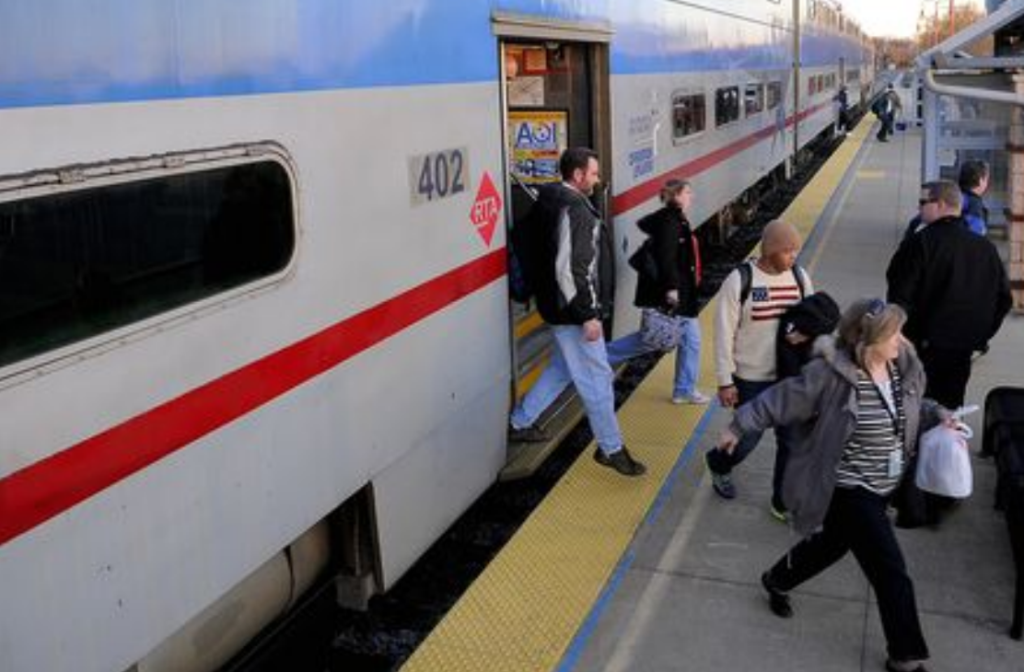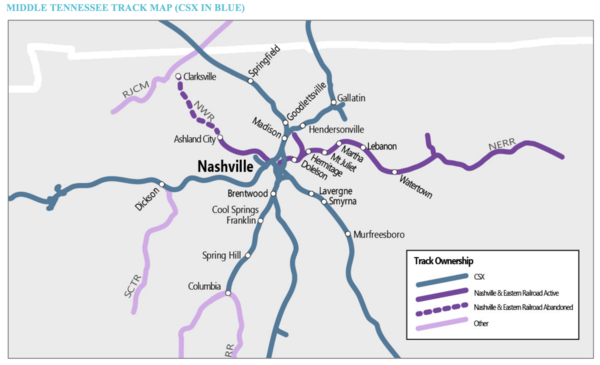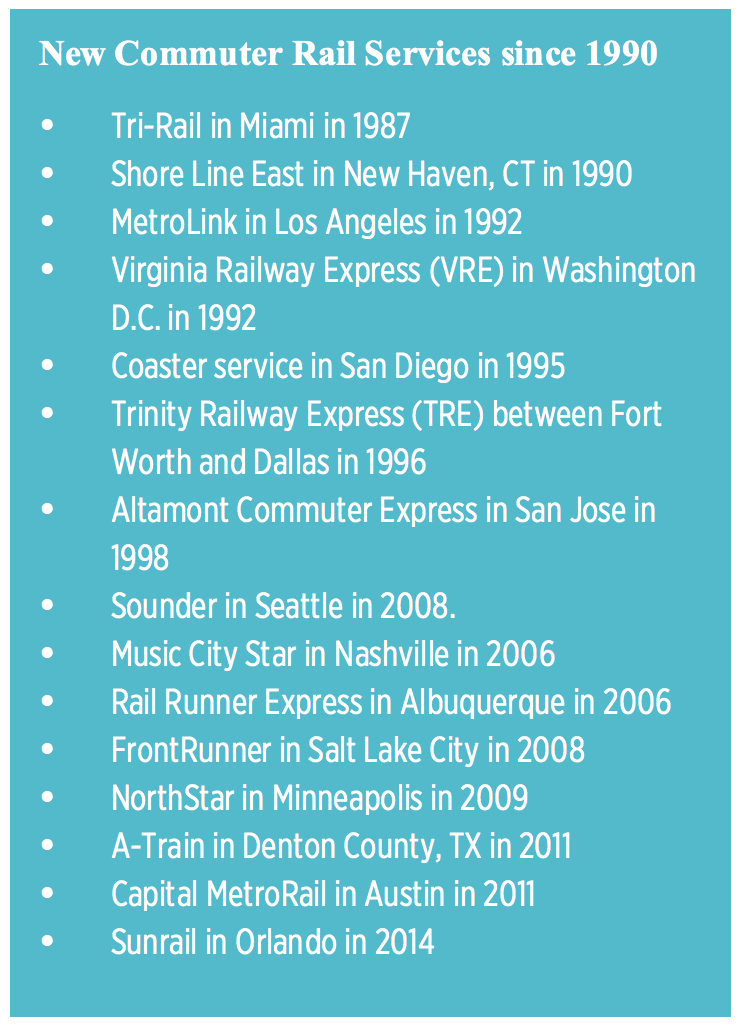
Nashville’s transit officials hear the clamoring for more commuter rail service, which is usually fast and can carry a lot of people. But in Middle Tennessee, that would probably require squeezing passenger trains onto busy CSX freight lines — and those prospects are slim, according to a new study.
“First of all, there would be millions of dollars of investment,
” said Steve Bland, CEO for the MTA and RTA.
“
And if, on the second day of service, let’s say from Murfreesboro, you got on that train and the conductor got on and announced, ‘I’m sorry we’ve got a 45-minute delay because we’re waiting for a freight train to go through,’ then we have sort of defeated the purpose.”
The
new, detailed policy paper
says that for the
“
foreseeable future
“
it will be “extremely difficult” to expand commuter rail here.
That’s largely because demand for freight trains has already grown nearly to capacity, with Nashville serving as a key national corridor, home to the third-largest switching hub in the CSX network.
“CSX
tracks in Nashville are near capacity today, and the increasing demand for freight transport means they could be above capacity in the near future,
“
the paper states.
“
For [several] reasons, CSX
is currently not willing to share its Nashville area tracks with commuter rail services. The alternative of developing new rail rights-of-way, while to-date not examined, would clearly also be difficult.
“

Only a Nashville and Eastern Railroad line between Clarksville and Nashville appears feasible for commuters,
but that remains under study. (The company also owns the line used by the
Music City Star, the region’s only commuter line.)

With the Music City Star, Nashville has found — like other cities that added commuter rail since 1990 — that expanding beyond a single line is nearly impossible. The new study provides case studies of the funding models and line-sharing agreements that made those feasible.
The other wildcard is the future of coal. If that were to decline, freight lines could free up.
Bland said he doesn’t want the region to give up on commuter rail, but he said potential riders should first study the realities, and only push for it if willing to shoulder the costs.


